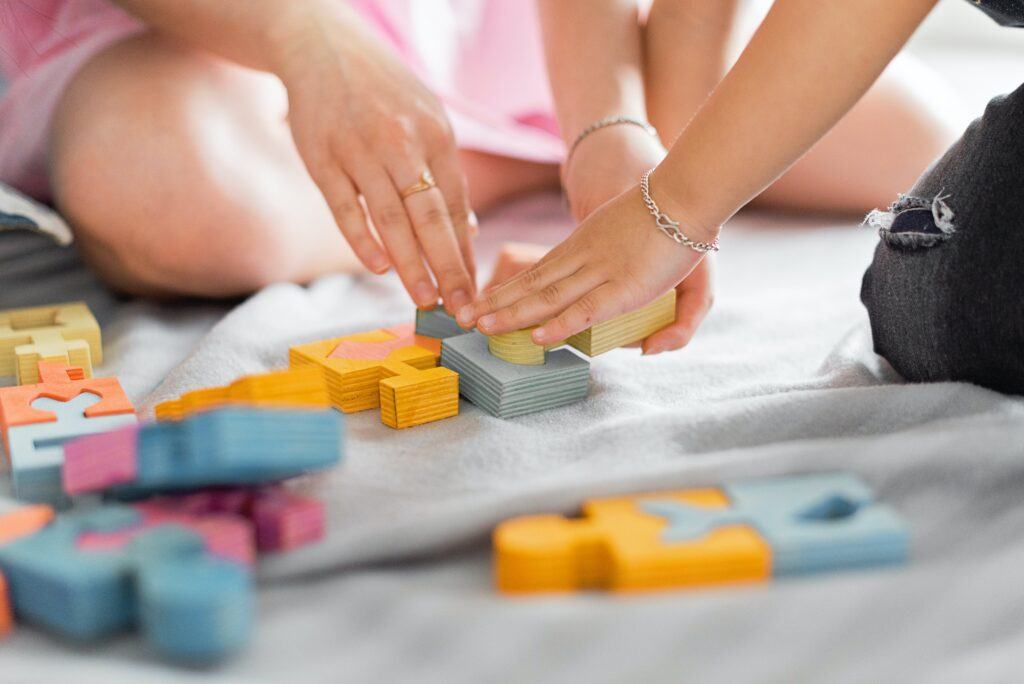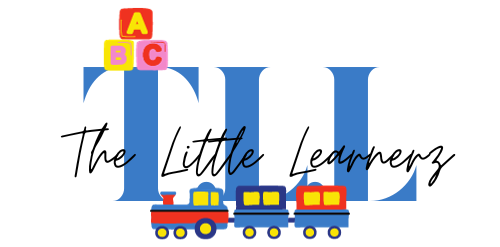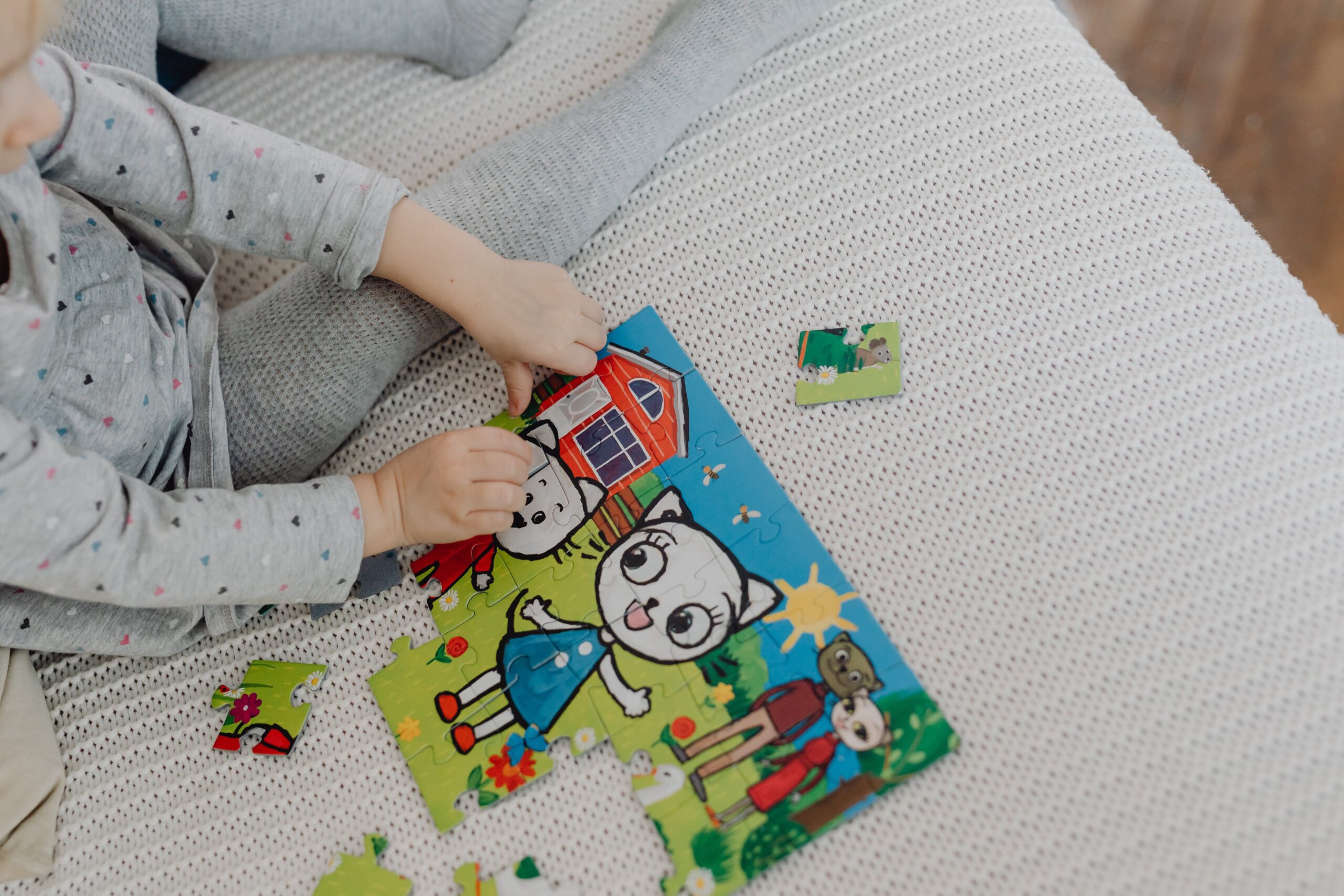Challenge and Develop Young Brains
Through trial and error, children learn to analyze, strategize, and think critically. The sense of accomplishment upon completing a puzzle propellant their confidence and resilience, shaping them into adaptable learners.
Benefits of Puzzles for Memory and Problem-Solving Skills
Puzzles aren’t just fun; they’re memory enhancers! As kids decipher patterns and shapes, they sharpen their memory and develop robust problem-solving skills, laying a solid foundation for future academic endeavors.
Role of Puzzles in Preparing Kids for Academic Learning
The skills acquired through puzzle-solving transcend mere recreation. They serve as a springboard for academic success, preparing children with essential skills like pattern recognition and logical reasoning.
Fine-Tuning Motor Skills Through Puzzles
Beyond mental acuity, puzzles also contribute significantly to physical development. The manipulation of puzzle pieces fine sifts motor skills and hand-eye coordination in toddlers and preschoolers.
Connection Between Puzzles and Development of Fine Motor Skills
From grasping small pieces to carefully placing them, puzzles aid in honing dexterity and precise hand movements. These simple activities can lay the groundwork for more complex tasks later in life.
Puzzles Help Hand-Eye Coordination in Toddlers and Preschoolers
In the world of puzzles, little hands and growing minds collaborate. As kids align shapes and colors, they sync their hand movements with visual information, fortifying their hand-eye coordination.
Picking the Right Puzzles for Enhancing Physical Development
Selecting age-appropriate puzzles becomes crucial in optimizing physical development. The right puzzles not only engage but also challenge, making the learning process both enjoyable and beneficial.
Puzzles: A Building Block for Lifelong Learning
The impact of puzzles extends far beyond childhood. They serve as the cornerstone for a lifetime of learning, nurturing adaptability, flexibility, and innovative thinking.
How Puzzles Lay the Foundation for Continuous Learning
The art of puzzle-solving instills a mindset of curiosity and exploration, fostering a love for continuous learning. This skill extends beyond childhood, shaping individuals into adaptable problem solvers.
The Connection Between Puzzles and Flexible Thinking
Puzzles encourage thinking outside the box, promoting creative and flexible thinking patterns. This adaptability becomes a valuable asset as children face various challenges in their lives.
Encouraging Persistence and Patience Through Puzzle-Solving
Completing a puzzle requires perseverance and patience. As children persist through challenges, they develop resilience and a growth-oriented mindset, invaluable traits for future success.
Puzzles aren’t just games; they’re keys to unlocking a world of learning and growth for young minds. From bolstering cognitive abilities to fine-tuning motor skills, these seemingly simple activities hold the power to shape resilient, adaptable, and curious learners, laying the groundwork for a lifetime of exploration and discovery.



